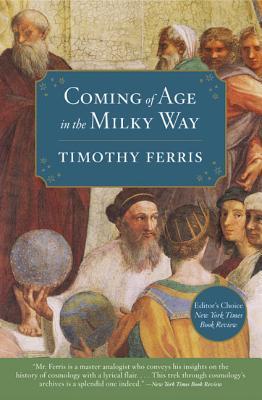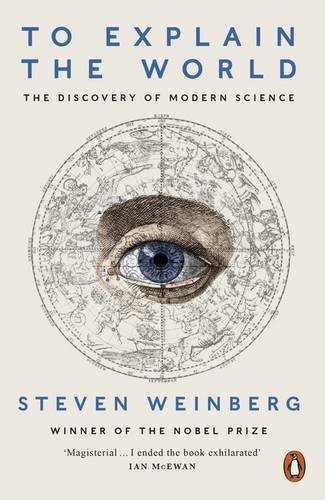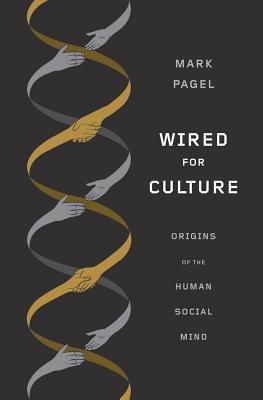
The Upright Thinkers: The Human Journey from Living in Trees to Understanding the Cosmos
Book Description
Witness the breathtaking odyssey of humanity as we rise from the shadows of ancient trees to unlock the mysteries of the cosmos. Leonard Mlodinow masterfully weaves together science, history, and the relentless curiosity that defines our species. Each page reveals the extraordinary journeys of our ancestors — thinkers and dreamers who dared to imagine a world beyond the stars. Grasp the monumental breakthroughs that changed everything, from fire to flight, while exploring the fragile threads that connect us to the universe. As we stand at the precipice of discovery, what new horizons await our insatiable quest for knowledge?
Quick Book Summary
Leonard Mlodinow’s "The Upright Thinkers" chronicles the remarkable journey of humanity from our earliest origins in the trees to our attempts to unravel the most profound mysteries of existence. Blending anthropology, history, psychology, and science, Mlodinow examines the innate curiosity and intellectual ingenuity that have defined our species. At the heart of the book is the story of human thought: how our capacity for reasoning, experimentation, and creativity has shaped our lives and our world. From discovering fire, inventing language, and developing agriculture to the revelations of physics and cosmology, Mlodinow illuminates the milestones that mark our ascent. He highlights not only the celebrated geniuses but also the collective, collaborative nature of scientific progress. Ultimately, "The Upright Thinkers" is a celebration of our relentless quest for knowledge and our ever-expanding understanding of the universe.
Summary of Key Ideas
Table of Contents
The Evolutionary Roots of Human Curiosity
Human intellectual evolution begins with our ancestors’ transition from tree-dwellers to upright beings. This shift unlocked new cognitive capabilities and social structures, paving the way for sophisticated communication and abstract thought. Early humans invented language and tools, signaling the dawn of a new era driven by curiosity and adaptability. Mlodinow explains how our brains evolved not only to survive but to question, leading to the first sparks of creativity and critical thinking that set us apart from other animals.
Breakthroughs That Defined Civilization
The emergence of civilization brought a cascade of transformative breakthroughs. Harnessing fire, mastering agriculture, weaving textiles, and building shelter all sprang from a relentless urge to understand and manipulate our environment. With the development of writing and mathematics, early societies could record, preserve, and build upon knowledge. Mlodinow traces how these interconnected innovations spurred trade, governance, and philosophy, allowing for ever more complex societies that valued and nurtured inquiry.
The Scientific Method and the Birth of Modern Science
The birth of scientific reasoning marked a pivotal moment in human history. Pioneers like Galileo and Newton formalized the scientific method, insisting on empirical evidence and repeatable experiments. Mlodinow highlights how this shift from superstition to skepticism changed our relationship with nature, making possible spectacular discoveries about the physical world. This spirit of rigorous investigation led to paradigm-shifting theories, including gravity, atomic structure, relativity, and quantum mechanics, each expanding humanity’s grasp on the cosmos.
Collaboration, Communication, and the Spread of Ideas
Equally important is the collaborative and cumulative nature of human discovery. Mlodinow stresses that while geniuses like Archimedes, Copernicus, and Darwin advanced bold new ideas, scientific progress relies on the sharing and refinement of knowledge. The invention of the printing press, establishment of universities, and growth of scientific communities allowed ideas to spread, improving rapidly as they traversed cultures and generations. Cooperation and communication fueled an intellectual synergy greater than the sum of its parts.
Our Limitless Quest for Cosmic Understanding
In the final analysis, Mlodinow turns to the vast unknown, reflecting on humanity’s insatiable curiosity and the accelerating pace of discovery. As we gaze into the depths of space and the intricacies of the quantum realm, our search for answers continues unabated. The book ultimately asks what new horizons we might reach as our ingenuity and imagination propel us forward. "The Upright Thinkers" concludes by celebrating the uniquely human drive to wonder, explore, and seek meaning in the universe—a journey that is still unfolding today.
Download This Summary
Get a free PDF of this summary instantly — no email required.





